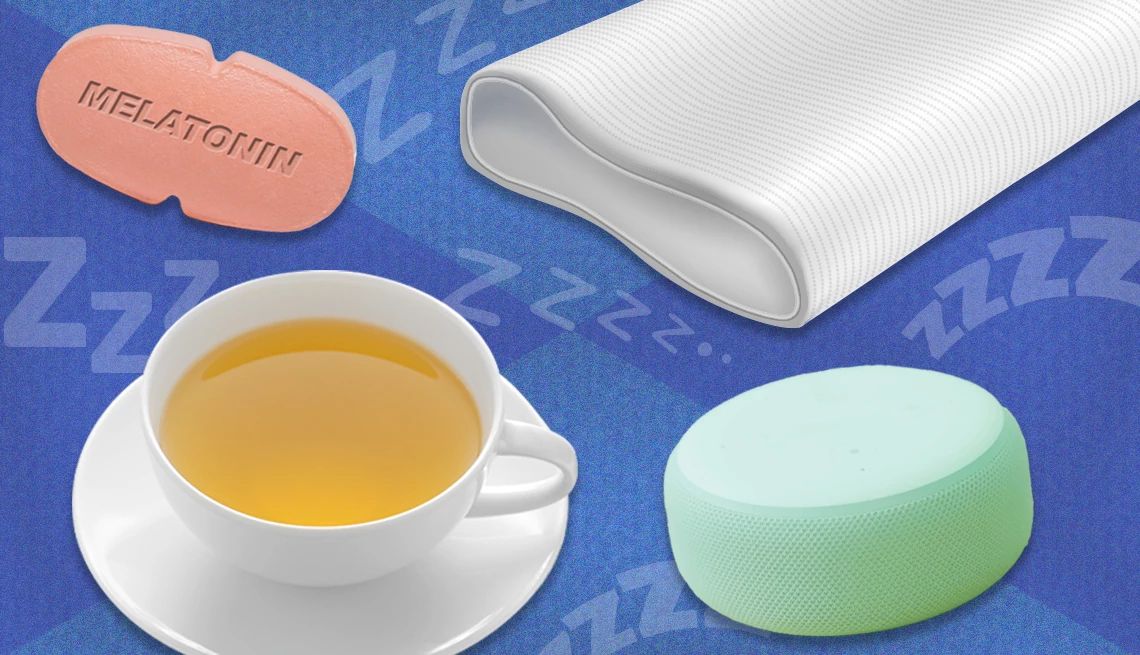Staying Fit


One-third of U.S. adults report getting less than the recommended amount of sleep each night, so it may be no surprise that more than $67 billion is spent each year on sleep aids, including prescriptions, mattresses, pillows and over-the-counter medications.
Sleep deficiency is more than an annoyance. It’s been linked to many chronic health problems, including anxiety, depression, hypertension, cardiovascular disease and dementia.


AARP Membership— $12 for your first year when you sign up for Automatic Renewal
Get instant access to members-only products and hundreds of discounts, a free second membership, and a subscription to AARP the Magazine.
That doesn’t mean older adults should stock up on sleep aids without consulting their doctor, especially if they have an underlying medical condition, says Jennifer Bourgeois, a pharmacy and health expert at SingleCare, which is an app-based prescription-saving service.
Many sleep medications — even over-the-counter options — come with potentially risky side effects for older adults. For example, antihistamines such as diphenhydramine (Benadryl) and doxylamine (Unisom) can cause you to feel drowsy or dizzy and may put you at higher risk for falling.
Even supplements warrant some level of scrutiny. Melatonin, a common sleep supplement that health experts say is generally safe, can cause dizziness and may interact with other medications. “Another popular option is magnesium,” Bourgeois says. Some studies suggest it can help improve the quality and length of sleep but, like any pill or potion, isn’t without potential side effects.
Let’s not forget about chamomile tea, ergonomic pillows, white noise machines and medicine prescribed by doctors. They can all help in getting better sleep — but they can break the bank.
The good news is there are ways to lower the costs of sleep aids. Here’s how.
Stick to store brands and generics
Whether it’s a prescription or over-the-counter remedy, opting for a generic or store-brand version of the medicine can save you money. “When you talk about prescriptive products, generic options are more affordable than the brand names, and that same concept is in stores,” Bourgeois says. “The stores usually have a store brand that the consumer can use that is typically more cost-effective.” Take melatonin as one example. Nature’s Bounty Melatonin 3 mg 240 count costs $19.49 at CVS. The CVS brand for the same count but a 5 mg dose goes for $13.49. Generic prescription drugs can cost 80 to 85 percent less than brand-name medicines, according to the U.S. Food and Drug Administration.



































































More From AARP
Drugstore Showdown: Which Is Cheapest, CVS, Walgreens or Rite Aid?
We filled a basket and totaled up the bill
Staples You Should Always Buy on Sale
If they store well or freeze well, jump at the chance to buy at a discount
MEMBERS ONLY: AARP Smart Guide to Sleep
35 ways to help fight restless nights and get the slumber you need
Recommended for You